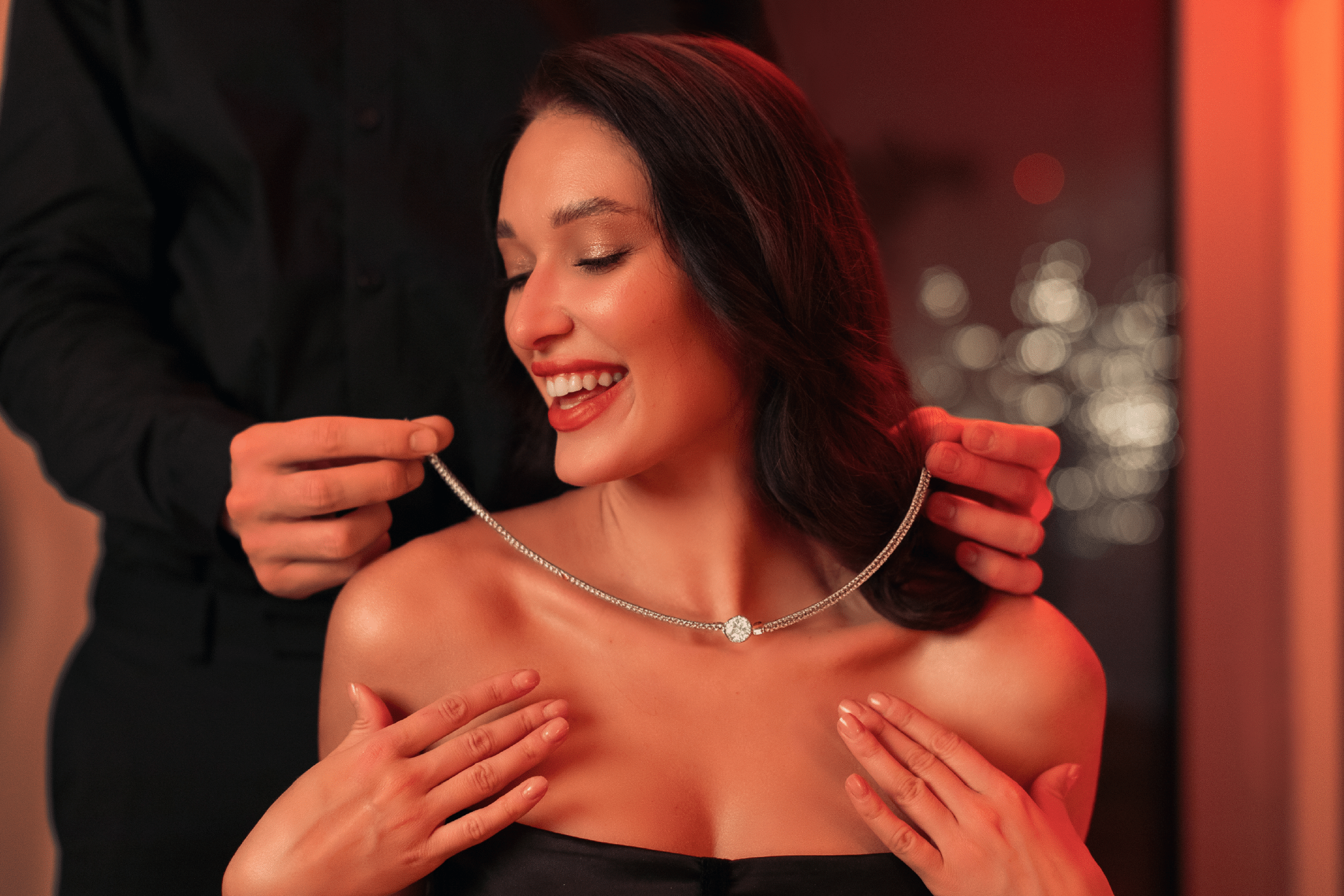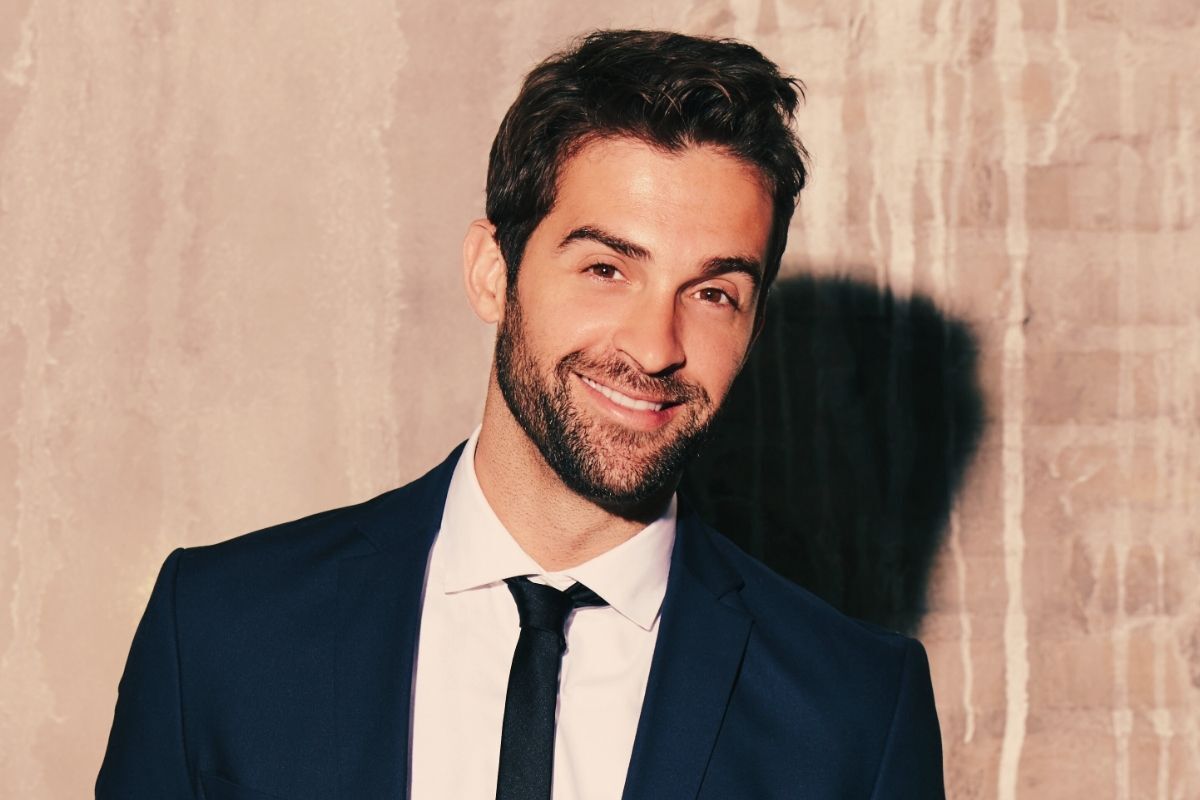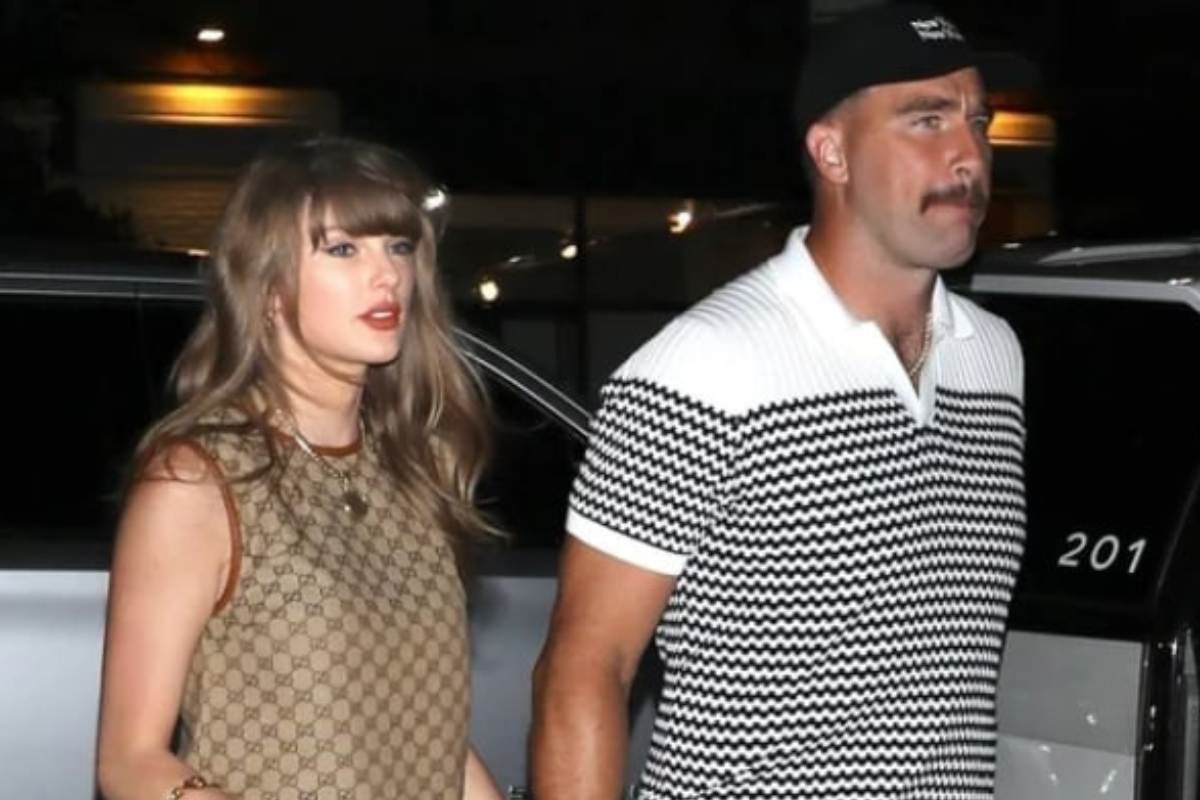Love may not have a price tag, but many Americans find themselves opening their wallets to show they care.
By breaking free from hyperindependence, you can build connections that are stronger.
Dating in the high-net-worth and ultra-successful world, has its own rhythm, codes, and expectations.
These aren’t all deal-breakers, but they suggest a need to reflect on your future together.
Reflect on your dating experience with Logan Ury's Post-Date 8.
What if, just like their free counterparts, the luxury platforms are more headache than they’re worth?
“It really never stops,” he says. “But part of my life feels normal again. That’s all I wanted.”
Serious about finding a partner who fits your life? Then stop feeding a system that keeps you single.
For high performing professionals, finding a partner isn't just about chemistry.










